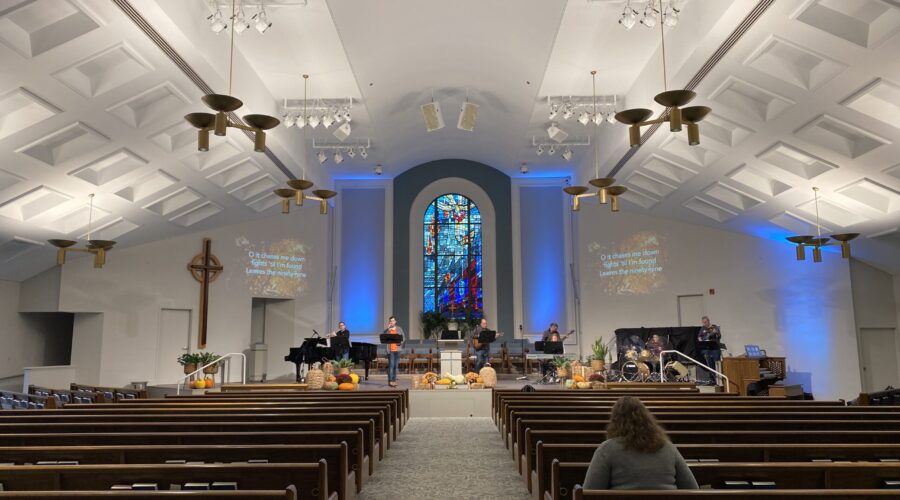The Culture Wars will always be a thing, won’t they?
Especially since we are all looking at the same world through different lenses or from different vantage points. We all might be using the same lingo but mean different things by each individual word.
Even the title of this blog could be debated.
Define “prophetic.”
Define “tradition.”
Define “prophetic tradition.”
Define “woke.”
Words carry so many meanings that it can almost seem disorienting.
But in our era, there seems to be a constant back and forth about “being woke.” For some it is a virtue, for some it is a vice. For some it is to be commended and celebrated, for others it is to be denounced and shamed.
Despite all of that, here is a thought that popped into my head:
“What if ‘being woke’ is something like the secular attempt at being prophetic? Being ‘woke’ is not the same thing as being ‘prophetic’ but it feels as though it is yearning to be ‘prophetic,’ it simply is lacking something in its foundation and it affects everything.”
Me, to Myself, on a Monday
I fully confess that the role of a prophet completely intrigues me. This is absolutely a result of reading figures such as Abraham Joshua Heschel, Walter Brueggeman, Dietrich Bonhoeffer, Rabbi Nahum Ward-Lev and of course, the Hebrew Prophets themselves.
Woke-ism appears to use the strategy of excluding people as the solution. As if the best solution were to simply exclude people that think differently, or to “cancel” people, or to shame people into submission. I believe that all healthy counselors and psychologists might say this is a form of projecting or shaming one’s own Shadow in other people.
Deflection is a defense mechanism worth mentioning here.
Deflection is when someone changes a topic mid-conversation away from something they do not want to talk about. To deflect a conversation away from self-critique or self-accusation in favor of pointing out someone else’s faults or faulty thinking is not healthy. You can imagine it happening rather easily… “I am not someone that drinks too much, go look at Todd/Barry/Noah/Insert-Any-Name! They are the real drunk.”
The prophets, on the other hand, actually identify WITH the people whom they are critiquing. One of the best examples is the prophet Jeremiah, known as the weeping prophet, and whom goes into exile with the very people he was trying to preach.
The prophetic tradition is built upon the idea that if you are too close to the center of a movement, you will not be able to critique it. It is for this reason that the prophets almost always existed on the fringes and were often ostracized as madmen who were out of their own minds.
What the prophetic tradition has going for it, as it seems to me, is that it is able and willing to critique itself. It is self-accusing. And, although “being woke” might actually raise some legitimate points about unfair laws or paying attention unseen or unspoken dynamics, it appears to lack the ability for self-accusation.
It may very well be that the prophetic tradition would have MUCH to say about how we do our life together. There may very well be that there are laws and traditions and groups of people that have lost the plot, fallen into inhumanity, and live out self-destructive and destructive cycles. BUT, the prophetic tradition would always do these two things…
- Identify with their audience.
- Point toward a path of restoration, after pointing out the honest critique.


